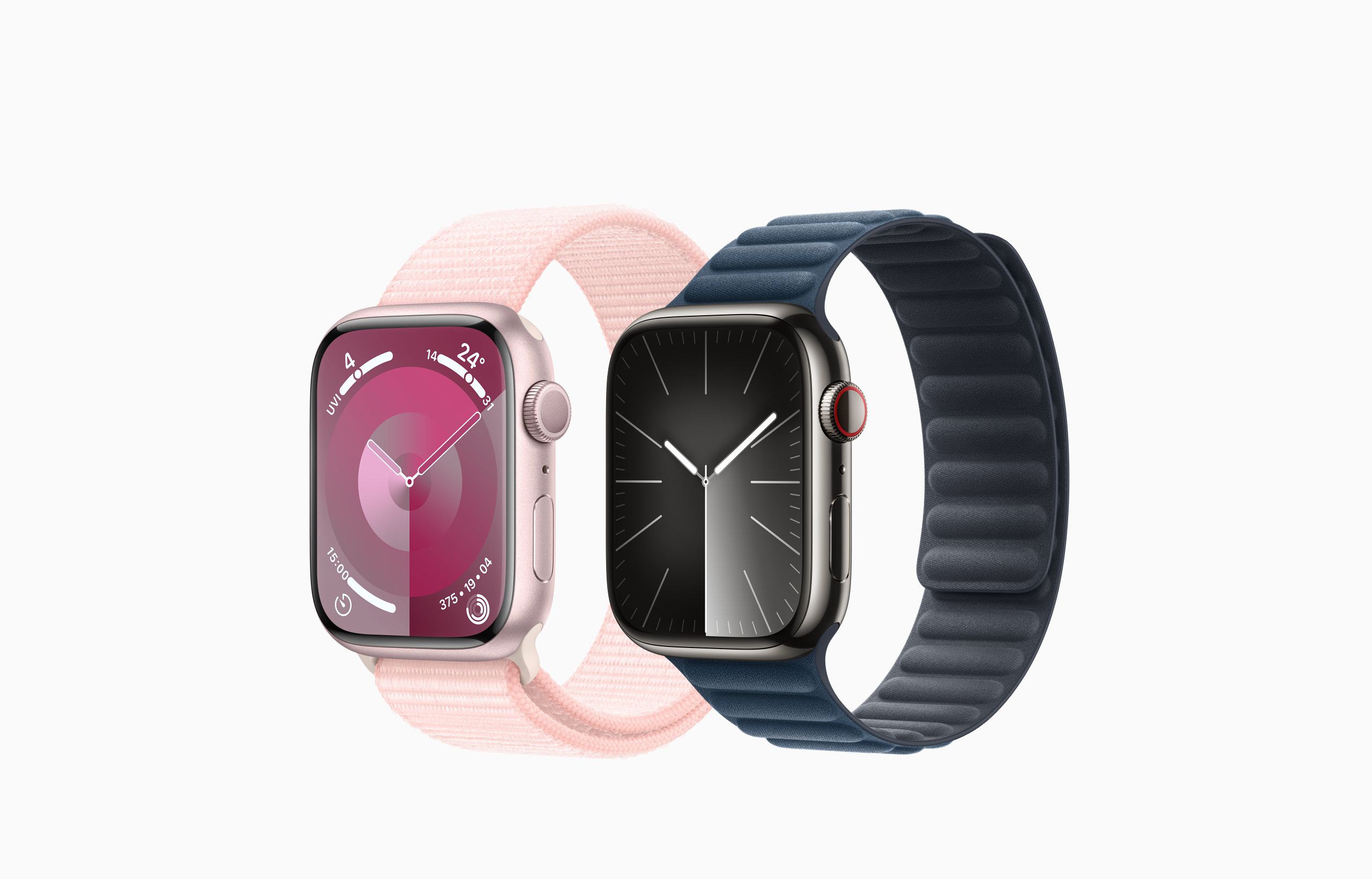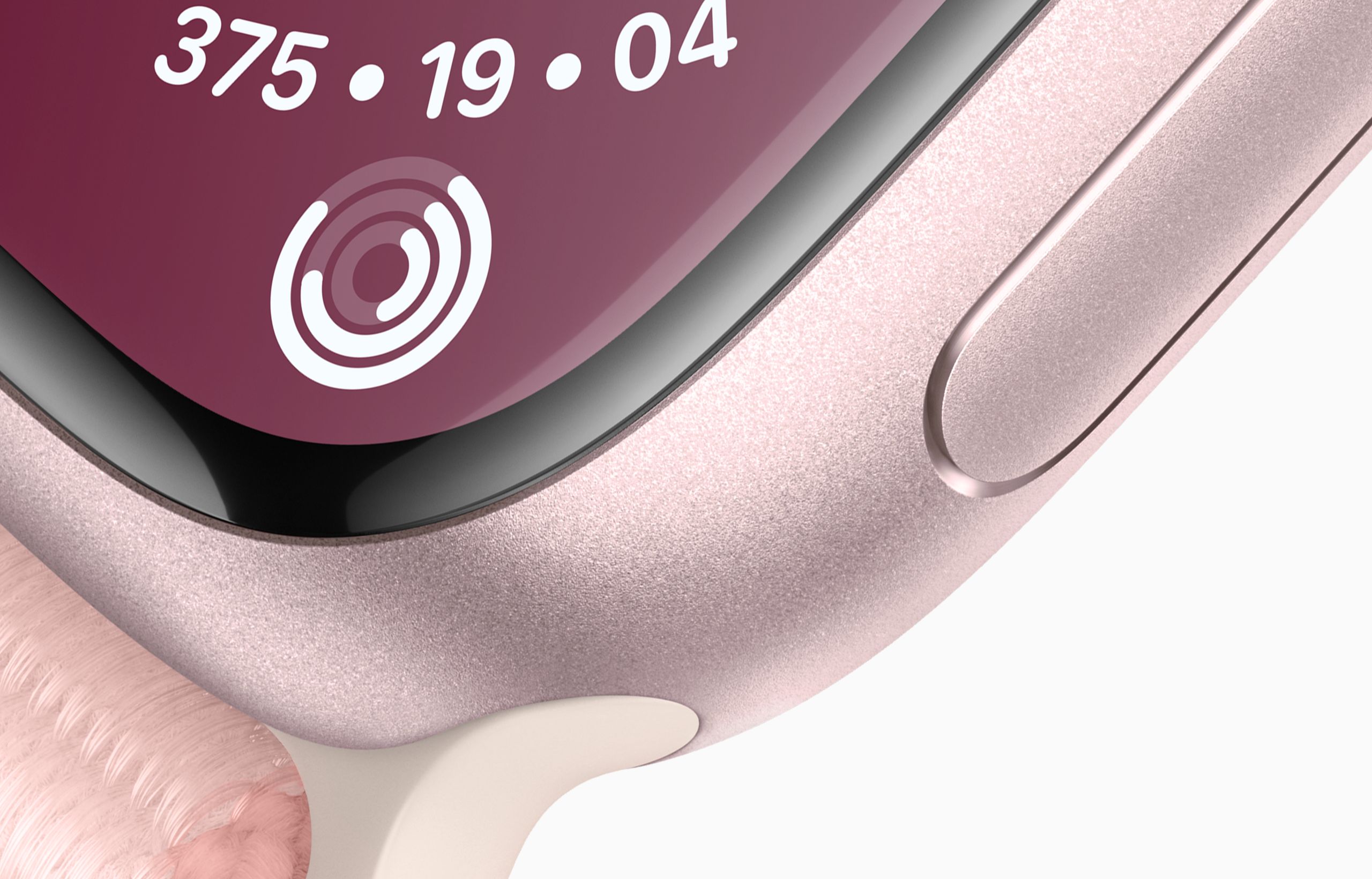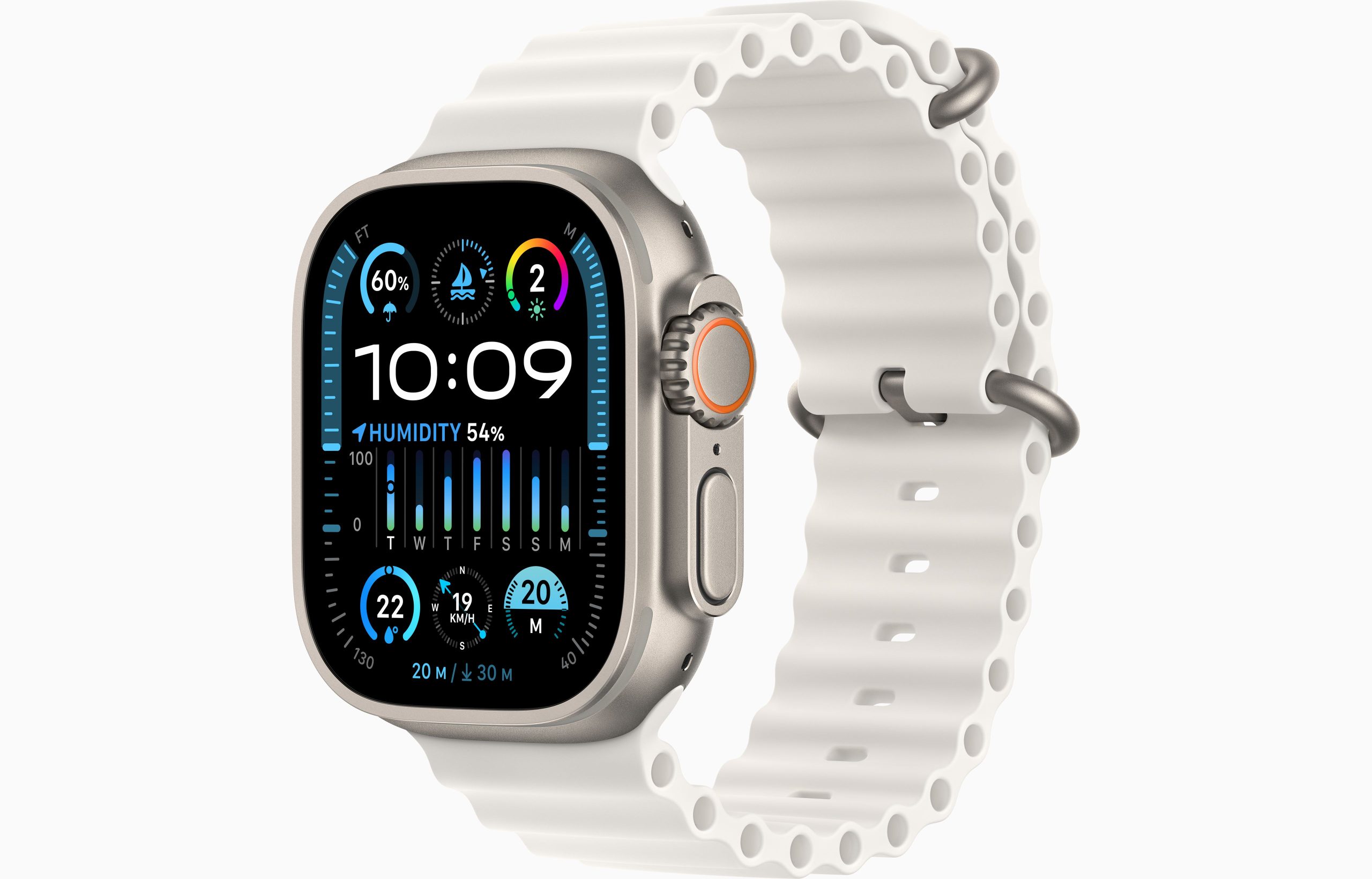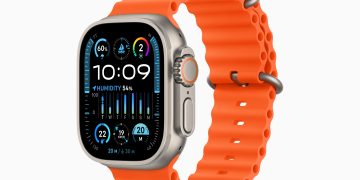The Apple Watch Series 9 and Apple Watch Ultra 2 will no longer be available for purchase from Apple, starting later this week. This decision follows an International Trade Commission (ITC) ruling in an ongoing patent dispute with medical technology company Masimo over the blood oxygen sensor technology used in Apple Watches.
As of 3 p.m. ET on Thursday, December 21, the Apple Watch Ultra 2 and Apple Watch Series 9 will be removed from Apple’s online store, with in-store inventory no longer available from Apple retail locations after December 24. The ITC’s ruling, announced in October and upheld in January, prompted a 60-day Presidential Review Period by the Biden administration, set to expire on December 25.
Apple is proactively complying with the ITC’s decision, announcing the discontinuation of sales for the affected models ahead of the Review Period’s end. The ban only applies to the Apple Watch Series 9 and Apple Watch Ultra 2 due to their blood oxygen monitoring capabilities, leaving the lower-end Apple Watch SE unaffected and still available for purchase.
While the ITC’s decision restricts Apple’s direct sales of the affected models, the devices will still be available through other outlets such as Amazon and Best Buy. However, all imports of Apple Watch Series 9 and Ultra 2 to the United States will be blocked after December 25, potentially affecting availability for other retailers. The ruling also prohibits Apple from selling these devices to resellers.
Existing Apple Watches with a blood oxygen sensor, sold prior to December 25, remain unaffected by the ban. The ITC order provides an exception for service, repair, or warranty activities related to units sold before the specified date. Apple assures that Apple Watch models with blood oxygen monitoring capabilities will continue to function without any changes for users who have already purchased them.

Why it matters: Stopping sales of new products in the middle of the holiday season is the latest in a series of blows to Apple’s revenue in 2023.
The ITC order includes a provision exempting service, repair, or warranty activities for units sold prior to December 25.
Below is Apple’s complete statement to the media:
A Presidential Review Period is in progress regarding an order from the U.S. International Trade Commission on a technical intellectual property dispute pertaining to Apple Watch devices containing the Blood Oxygen feature. While the review period will not end until December 25, Apple is preemptively taking steps to comply should the ruling stand. This includes pausing sales of the Apple Watch Series 9 and Apple Watch Ultra 2 from Apple.com starting December 21, and from Apple retail locations after December 24.
Apple’s teams – work tirelessly to create products and services that empower users with industry leading health, wellness, and safety features. Apple strongly disagrees with the order and is pursuing a range of legal and technical options to ensure that Apple Watch is available to customers.
Should the order stand, Apple will continue to take all measures to return Apple Watch Series 9 and Apple Watch Ultra 2 to customers in the U.S. as soon as possible.

This situation involves two distinct legal actions. Firstly, Masimo filed a lawsuit against Apple in the US District Court in the Central District of California in early 2020. Secondly, Masimo initiated a case with the International Trade Commission (ITC) in June 2021.
The legal dispute began with Masimo’s lawsuit in the US District Court, but due to the perceived sluggish progress in that initial case, Masimo decided to pursue action with the ITC. The ITC complaint filed by Masimo is the key factor compelling Apple to proactively cease sales of the Apple Watch Series 9 and Apple Watch Ultra 2 in the United States. This move is a response to the pressure exerted by the ongoing ITC proceedings initiated by Masimo.
Apple Watch ban and The ITC case
In its initial submission to the International Trade Commission (ITC), Masimo alleged 103 instances of patent infringement by Apple, involving five different patents. However, the ITC’s findings concluded that Apple infringed on only two patents, encompassing five instances of patent infringement, all related to the pulse oximeter feature of the Apple Watch.
The ITC issued its order in October, initiating a 60-day Presidential Review Period that is scheduled to conclude on December 25. During this period, the Biden administration has the authority to intervene and veto the ITC ban, but as of now, the White House has not taken such action.
Apple, in its response, underscores that the announcement and forthcoming suspension of Apple Watch sales are proactive measures aimed at compliance in the event that the ITC ruling remains in effect.
While presidential vetoes of ITC decisions are uncommon, Apple has experienced such instances in the past. The last occurrence was in 2013 when President Obama vetoed a ban on the iPhone amid Apple’s extended legal dispute with Samsung. Prior to that, the Reagan administration vetoed an ITC ban on all products utilizing Samsung semiconductor memory chip imports in 1987.
The Dollar Impact of This Ban
In the event of the Apple Watch ban, barring a last-minute veto, experts suggest that the economic impact of the Apple Watch may not weigh as heavily in favor of intervention compared to the avoidance of an iPhone ban. This perspective stems from the belief that the Apple Watch, despite its significance, may not hold the same level of economic influence as the iPhone, making a presidential veto by Biden less likely.
Apple, on the other hand, disputes the validity of the ITC’s findings and advocates for a reversal of the ruling. The company provides several reasons supporting its stance and urging the Biden administration to veto the decision.
Firstly, Apple contends that the ITC’s ruling could adversely affect Apple suppliers and consumers, potentially leading to broader economic repercussions. The wearables business, particularly the Apple Watch, generated $13.48 billion in revenue during the Q1 2023 holiday quarter, highlighting its substantial impact on both Apple and the broader supply chain economy.
Apple underscores the life-saving capabilities of the Apple Watch, emphasizing its role in helping users identify potential health issues. In its advocacy efforts with the United States Trade Representation, Apple has enlisted support from the American Heart Association and other prominent health organizations and physicians to highlight the health benefits of the Apple Watch.
Another consideration is the potential impact on ongoing and future clinical health studies that rely on the Apple Watch. Apple argues that the ITC should take into account the device’s contributions to such research endeavors.
Additionally, Apple asserts that Masimo’s legal actions are motivated by an attempt to boost the launch of its own smartwatch product. Apple filed two patent infringement lawsuits against Masimo in October 2022, alleging that the company copied patented features of the Apple Watch. Apple contends that, even if the ITC decision is upheld, Masimo’s smartwatch is not a direct substitute for the Apple Watch, and Masimo would see no real benefit from the ban.
Ultimately, these arguments form part of Apple’s comprehensive effort to demonstrate the potential adverse consequences of the ITC ban and to advocate for a veto by the Biden administration.

What to Expect Next
As of the current moment, there is no specified timeline for how long the Apple Watch Ultra 2 and Apple Watch Series 9 will remain unavailable for purchase. The potential for a Biden administration veto of the ITC exclusion still exists. If the ITC’s decision stands, there are various avenues for Apple to explore.
Apple has the option to appeal the ITC’s final decision with the US Court of Appeals for the Federal Circuit after the expiration of the Presidential Review Period. Apple intends to file an appeal on December 26, although this action will not postpone the ban on sales and imports of Apple Watch Series 9 and Apple Watch Ultra 2.
The Masimo patents in question, as per the ITC ruling, are not set to expire until August 2028. Apple could pursue alternative paths, including potential settlement and licensing agreements with Masimo or making design changes to the Apple Watch software to circumvent the contested patents.
However, Apple has not disclosed its specific plans for the future at this point. The company has stated that additional information will be made available at the conclusion of the Presidential Review Period on December 25. The situation remains uncertain, and Apple asserts that it will take all necessary measures to restore the availability of Apple Watch Series 9 and Apple Watch Ultra 2 to customers in the U.S. at the earliest opportunity.
In a prior statement, Masimo conveyed that the ITC’s ban “sends a powerful message that even the world’s largest company is not above the law,” emphasizing the significance of the decision in their ongoing legal dispute.














